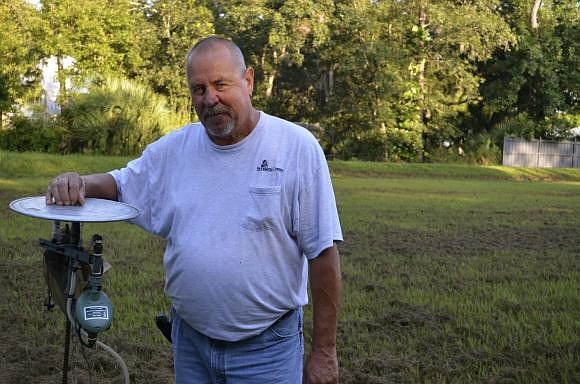- April 17, 2024
-
-
Loading

Loading

Sarasota County plans to upgrade its technology to downgrade the threat of mosquito-borne illnesses.
The county issued a request for proposals for a new data-management system for Mosquito Management Jan. 29, which program manager Matt Smith said he hopes to have in place by the Spring. The current system is server-based and can't be updated, so the county is looking for a cloud-based program that will better protect data and cost less to maintain.
The county has approved spending up to $150,000 on a new system, but Smith said it won't be that expensive.
"It's desirable because you don't a massive amount of data on a server that can blow up and lose everything," Smith said.
The data technicians collect on mosquitos helps the county fight the "deadliest animal on the planet" intelligently by spotting trends that can show the best method to do so, Smith said. Also, it can tell how effective those methods, such as aerial spraying or the release of larvae-eating fish called gambusia, are on the mosquito population.
County staff document information, such as the type of chemical used, where and how much, and provide sufficient evidence that a spray was warranted — such as a landing rate of more than one mosquito per minute or the presence of more than three larvae within one zone.
The county battled an uptick in the mosquitos during a particularly rainy 2013.
"We do our best to keep diseases and mosquitos at the lowest level possible," Smith said. "The only way top do that is to be smart."